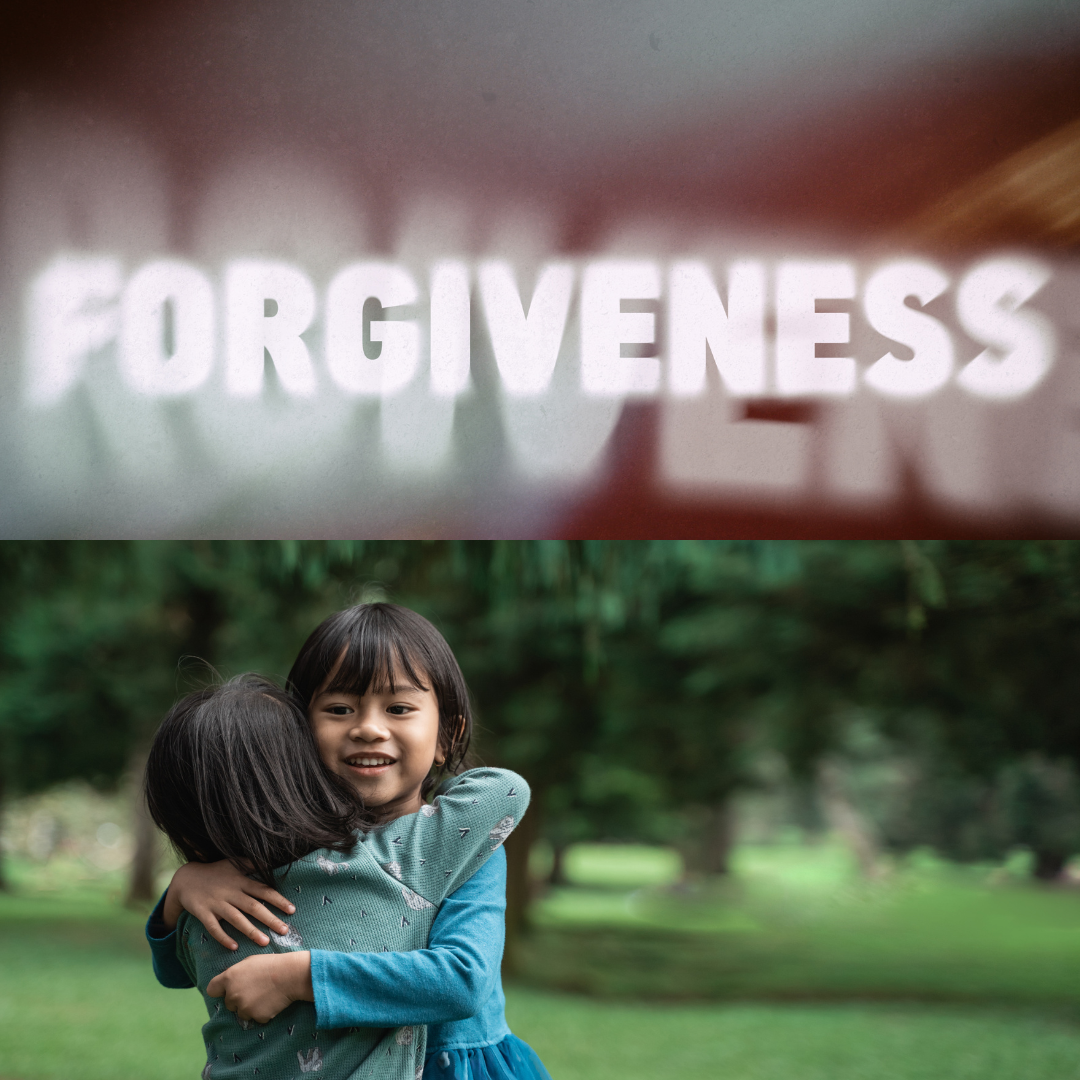Tithes, Power & the Real Church: Finding Spiritual Clarity When Tradition Shakes
"Therefore, let those who minister, pastor, teach, etc., do so for FREE--not for want of money. In my opinion, do NOT pay them a salary. Let them work regular jobs, and do this in parallel, out of conviction and in relationship to the Lord."
This is an excerpt from the book "The Daily Stand" written by Tom Snow, my guest this week. If you feel unsettled right now after reading that, you are in good company, because I, too, felt confused and a little irritated by this statement. But after reading most of his book and this chat, I get it.
The last several years have been a spiritual rollercoaster ride for me, and I hate roller coasters! Re-learning biblical truths sucks! Just when I thought I had it all figured out, something new would come my way, just like Tom and his spiritually challenging book. Sometimes spiritual clarity shows up when life feels unstable. That’s the tension running through my conversation with Tom, whose message is both weighty and straightforward:
Test everything against Scripture like a Berean — even if it unsettles long-held church habits.
We dug deep into tithing, leadership, denominational identity, and even forgiveness through a lens of obedience rather than comfort. Tom’s challenge isn’t about being contrarian — it’s about being faithful, even when faithfulness costs us our familiar rhythm.
Buckle up, friends, this post is a doozy of a ride!
Money & Meaning: Bringing Our Giving Back to God
One of the first things we unpacked was money — that sensitive, sacred topic that reveals so much about our hearts.
Tom’s perspective is refreshing. He believes giving should be an act of worship, not autopay. Instead of automatically funneling tithes into buildings or programs, he encourages believers to bring their offering to God first, ask for direction, and give as the Spirit leads.
Some months, that might mean your local church. Another month, it could be a missionary, a single mom, or a neighbor no one else notices.
“The point isn’t to starve churches — it’s to re-center giving as worship.”
Tom reminds us of Paul’s tentmaking—a model of freedom and humility that kept ministry from becoming a top-down economy. His challenge: what if the pulpit wasn’t meant to be a stage for one voice but a table where many Spirit-led believers bring what God has given them?
That’s what he calls a body ministry — presence, equipping, and protection, rather than performance and branding.
Leadership & Authority: When Structure Becomes an Idol
Tom shared his memories from the early charismatic movement — the kind of worship that lasted hours but felt like minutes, where everyone came expectant for God to move.
Somewhere along the way, control replaced flow.
Leadership became hierarchy.
And unity turned into denominational pride.
He doesn’t call for chaos or rebellion; his challenge is anti-idol, not anti-structure.
Structures are fine — as long as they serve the Spirit and don’t try to replace Him.
“Unity isn’t sameness. It’s surrender to one Lord, one faith, one baptism.”
It’s about choosing truth over tribe and obedience over optics.
Origin & Awe: Widening Our Wonder
Tom’s thoughts on creation aren’t about arguing science — they’re about wonder.
God spoke, and matter obeyed.
The universe holds together by the word of His power.
Whether you picture that as a “bang” or a whisper, the truth remains the same: everything depends on Him.
“Humility isn’t an escape from questions — it’s how we ask the right ones.”
If God can form and un-form by a single word, then every breath, gift, and dollar we hold is stewardship. And every conviction we cling to should be held with open hands.
Heart Surgery: The Power of Forgiveness
Then came the hardest part — forgiveness.
Tom calls it spiritual cancer, and not without reason.
He shared a deeply personal story about forgiving his father — and, even harder, forgiving himself.
Forgiveness, he said, isn’t a feeling we wait for. It’s a decision we make in the presence of God.
When we withhold it, resentment takes up space in our minds and hearts.
When we release it, the Healer moves in.
“You don’t excuse evil by forgiving it — you evict it from ruling your inner life.”
Forgiveness doesn’t mean what happened was okay.
It means you’re done letting it control your peace.
Living This Out: Five Ways to Walk in Faithfulness
-
Pray over your tithe. Ask God where He wants you to give this month — then obey with joy.
-
Redefine leadership. Look for those who serve, not those who perform.
-
Welcome more voices. Let Spirit-filled believers share what God’s given them, and weigh every word by Scripture.
-
Watch for drift. Be alert to when devotion quietly becomes brand maintenance.
-
Choose forgiveness today. Don’t wait for the feeling. Forgive in prayer, and let God clean the wound.
“Test it all. Hold fast to what is good. And let Christ, not comfort, define your next step.”










 5.00 (41 Reviews)
5.00 (41 Reviews)
